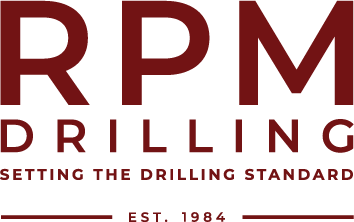Cape Town Water Crisis Facts – Everything You Need To Know
How Water Boreholes Can Help With The Cape Town Water Crisis
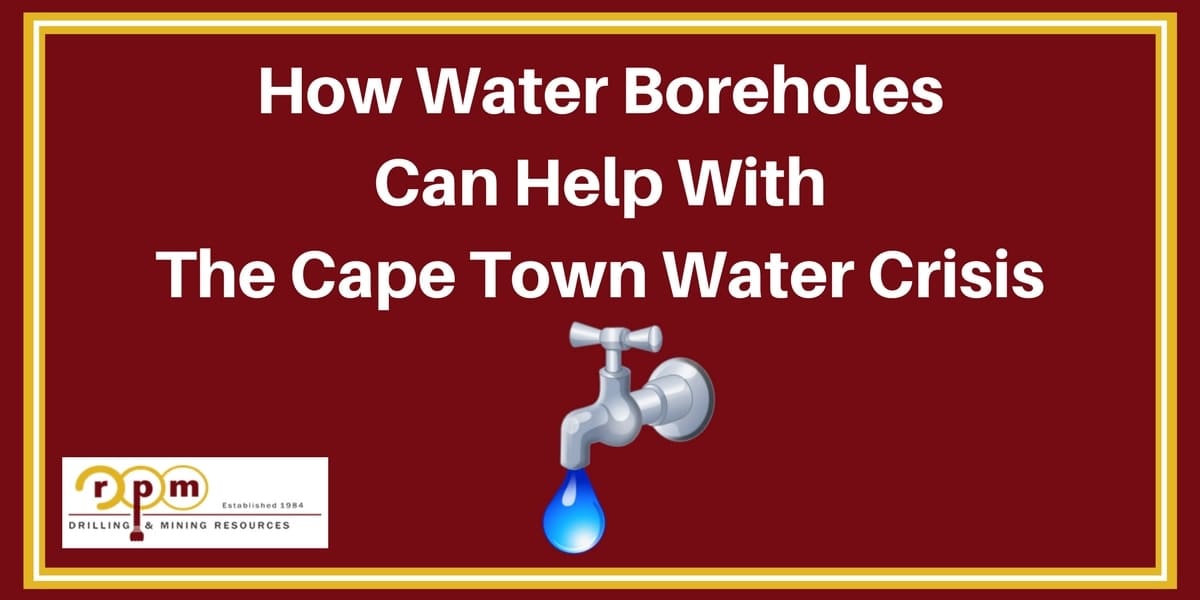
With our festive season that had little to no rainfall, our city already on an unprecedented level 5 water restrictions, and day zero fast approaching, we need to stop underestimating the severity of the water crisis in Cape Town.
Without drastic measures by the City of Cape Town and each and every Capetonian and visitor to the Cape this December, we will be without running water in a matter of months if not weeks.
People are quick to assume we cannot be in a drought because it is raining in their own back yard – what most people fail to grasp or consider is that, yes, our weather patterns are changing and that it means when we are getting some rain in the future can be very helpful, but it’s important to rain in the water catchment areas that feed our dams and so the scattered rain is really doing very little to alleviate the water scarcity the Cape is currently facing.
While we all know by now you are not allowed to wash your car, take a bath, or use a hosepipe to refill your pool, many Capetonians still do not know what is causing the drought crisis. It is important to understand that not only is there any one cause, but rather a handful of concurrent causes, and that this is not a sudden occurrence. We have been building, or rather draining, toward this drought for years now.
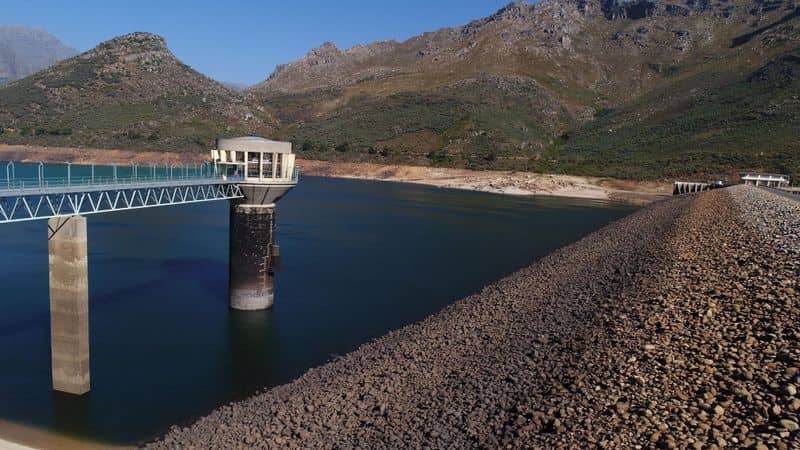
The Main Causes of The Cape Town Water Crisis
– Population growth –
One of the primary causes of water scarcity in the Cape and elsewhere is population growth. Simply put, there are too many people and not enough natural resources to go around – whether those resources be land, food, or water.
While China’s controversial “one-child rule” may not be our government’s next immediate step; those in power do need to start considering how to control population growth, or, rather, how to police access to and minimize the associated strain on natural resources.
Some natural resources, like water, are also renewable resources, changing weather patterns and a slowed water cycle also means the valuable resource cannot be replenished as quickly as it is being consumed.
Also Read – Cape Town Population 2017
– More people move to the cities –
With more and more migrants moving into the city come increased strain on the city’s resources, including our water resources. The South African economy is built on the premise that the city is the land of opportunity and the best place for those seeking employment to find a job.
However, with more and more people moving into the urban centers, there are fewer and fewer jobs to go around, and more and more non-paying consumers of shared resources such as water.
Our governments, both local and national, need to pay urgent attention to this complex socio-economic, socio-political and also humanitarian issue.
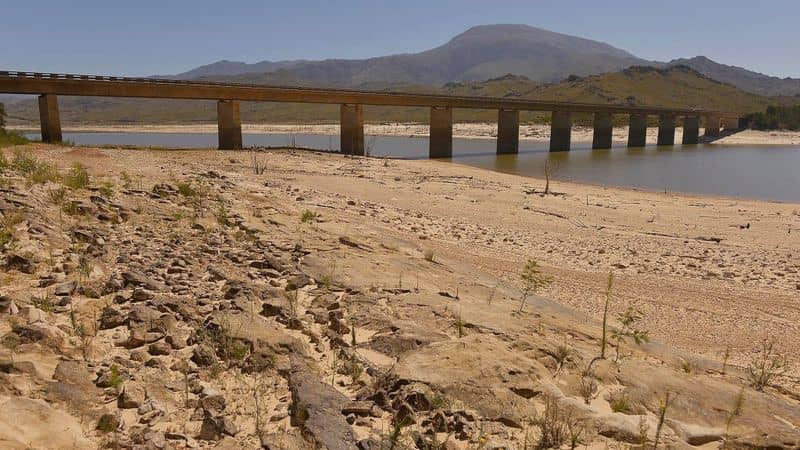
Also Read – Some Facts And Figures On How Many Joburgers Are Actually Moving To Cape Town
– Dam storage has not increased as much as population –
Contributing to the water shortage and the population growth issue is the fact that water storage facilities, like dams’, storage capacity or potential has not increased symmetrically as the population and inhabitants have increased in number.
This asymmetrical growth simply means that there is not supply enough to meet the demand. Whether this can be considered government oversight, or whether it is just a symptom of our rapidly growing urban existence, the fact of the matter is that the dams in the Cape have not actually been capable of holding enough water for all the people who now inhabit her lands for some time now; regardless of the current drought.
Water shortages would thus have eventually become a problem drought or no drought. The concurrence of the drought and the water shortage crisis simply allows officials to point the finger at climate change and avoid accusations that insufficient infrastructure may have played a part in the current crisis the Western Cape is facing.
Here are the current Dam Levels
– Environmental and climate changes –
While Donald Trump and other such notorious global warming and climate change deniers choose to ignore the facts, we in the Cape cannot ignore the fact that the weather is changing literally right on our doorsteps.
Since when is the Cape the home of thunder and electrical storms? How often did Cape Town used to get rain during the height of summer?
Our weather patterns are undeniably shifting and this is also impacting the availability of water resources in the Cape.
Until weather patterns settle into something more predictable, and people and governments the world over commit themselves to combating climate change (as in the Paris Accord that Trump refused to sign), we will be dealing with unpredictability and associated natural resource shortages.
Main Problems/Challenges Regarding The Cape Town Water Crisis
– Building, upgrading and maintenance of water infrastructure (dams & pipe systems) –
As we discussed above, the potential capacity or storage potential of the dams in the region are no longer sufficient and cannot supply all the people of the area.
The demand unfortunately simply far exceeds the capacity or even potential capacity of the supply.
This means that pressure is being put on local and national government to channel funds into efforts to build new dams, upgrade and better maintain existing water storage facilities, and to make an overall greater effort to improve the city, as well as the country’s, water infrastructure.
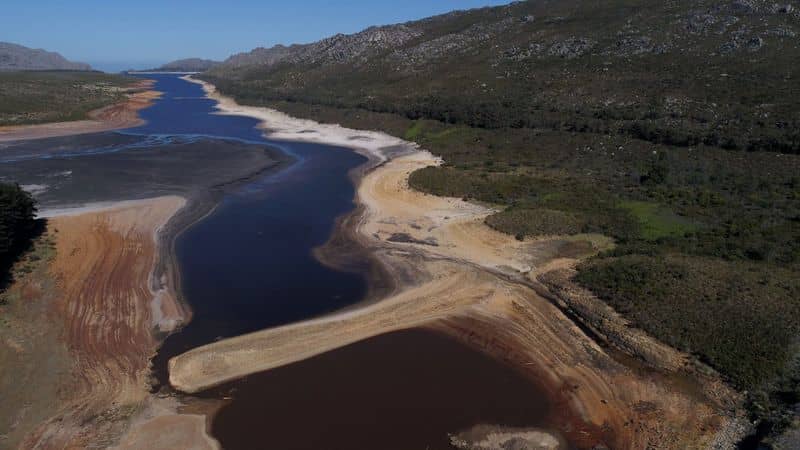
Also Read – State of the dams: The Cape’s water supply at a glance
– Water management for current resources –
While the local and national governments have been very vocal about water restrictions, and have recently implemented stage 5 water restrictions and threatened “water-shedding” a la Eskom’s load-shedding, the fact of the matter is, selfish individuals still believe, whether as the result of naivete or brute apathy, that because there is still water coming out of their taps they are entitled to use it where and as they see fit.
The local government is attempting to fine the excessive use of our precious water resources, but this is not enough to deter people from using more than their fair share.
The government is then facing the challenge of how best to monitor and punish the unfair overuse of a communal resource by wasteful and arrogant individuals.
Also Read – Managing Our Water Resources
– Pollution management –
Unfortunately, as a result of the Cape’s pollution problems, not even all fresh water could ever be drinking water; and the level of pollution in freshwater sources means that processing the water in order to deem it fit to drink is becoming more and more costly – in terms of both time and money.
It is every individual’s responsibility to ensure that they are not living in such a way that they are polluting freshwater resources, however, the government is facing the challenge of how to enforce a minimal carbon and waste produce footprint.
While littering is theoretically a fineable offense, there have always been problems with enforcing such seemingly trivial laws. The best you can do to help your government and yourself is to ensure that you are not littering, and are trying your best to live a trash-free life, which means minimizing your use and purchase of once-off plastic items such as plastic bags and prepackaged foods.
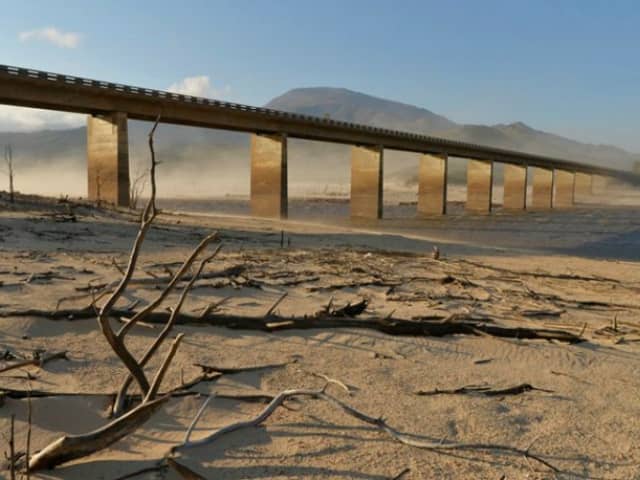
Borehole Water Can Be A Possible Solution To The Cape Town Water Crisis
– Cape Town has a lot of underground water –
Cape Town currently has a lot of untapped groundwater potential. With that being said, while borehole or groundwater can help it still cannot solve the city’s water shortage!
Drilling boreholes can help lift the strain from dams in the Cape, it is true, but overuse or depletion of groundwater resources will also have catastrophic consequences for the local ecosystems as groundwater sources are replenished even more slowly than the water cycle replenishes surface water.
Strategic points for drilling select boreholes in an effort to help alleviate the water crisis include:
-
- In Neighborhoods
- Schools
- Large areas like sport fields
While boreholes should not be overtaxed at any point, the drilling of communal boreholes can also help manage the underground water levels in an effort to avoid flooding in certain low-lying areas as the groundwater sources will be able to absorb more water more quickly, preventing localized flooding.
Therefore, it is of vital importance that you and yours are water-wise this 2018!
For more information on boreholes and groundwater sources, and the role they have to play in helping to alleviate the water crisis in the Western Cape, don’t hesitate to Contact Us here at RPM Drilling today. We are doing our part to help save water and educate the public on water conservation, are you?
Contact Us for more Information about Water Borehole Drilling
